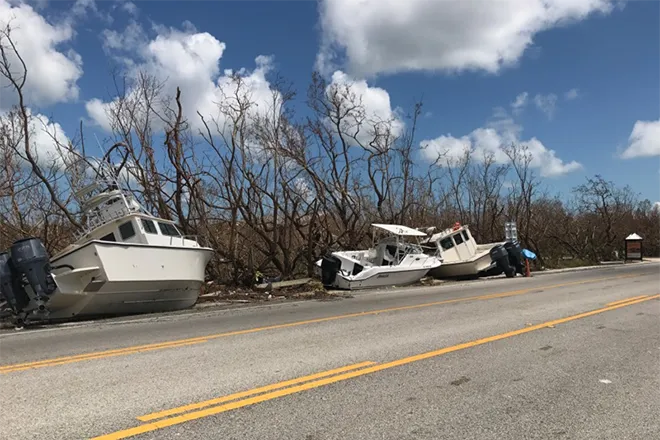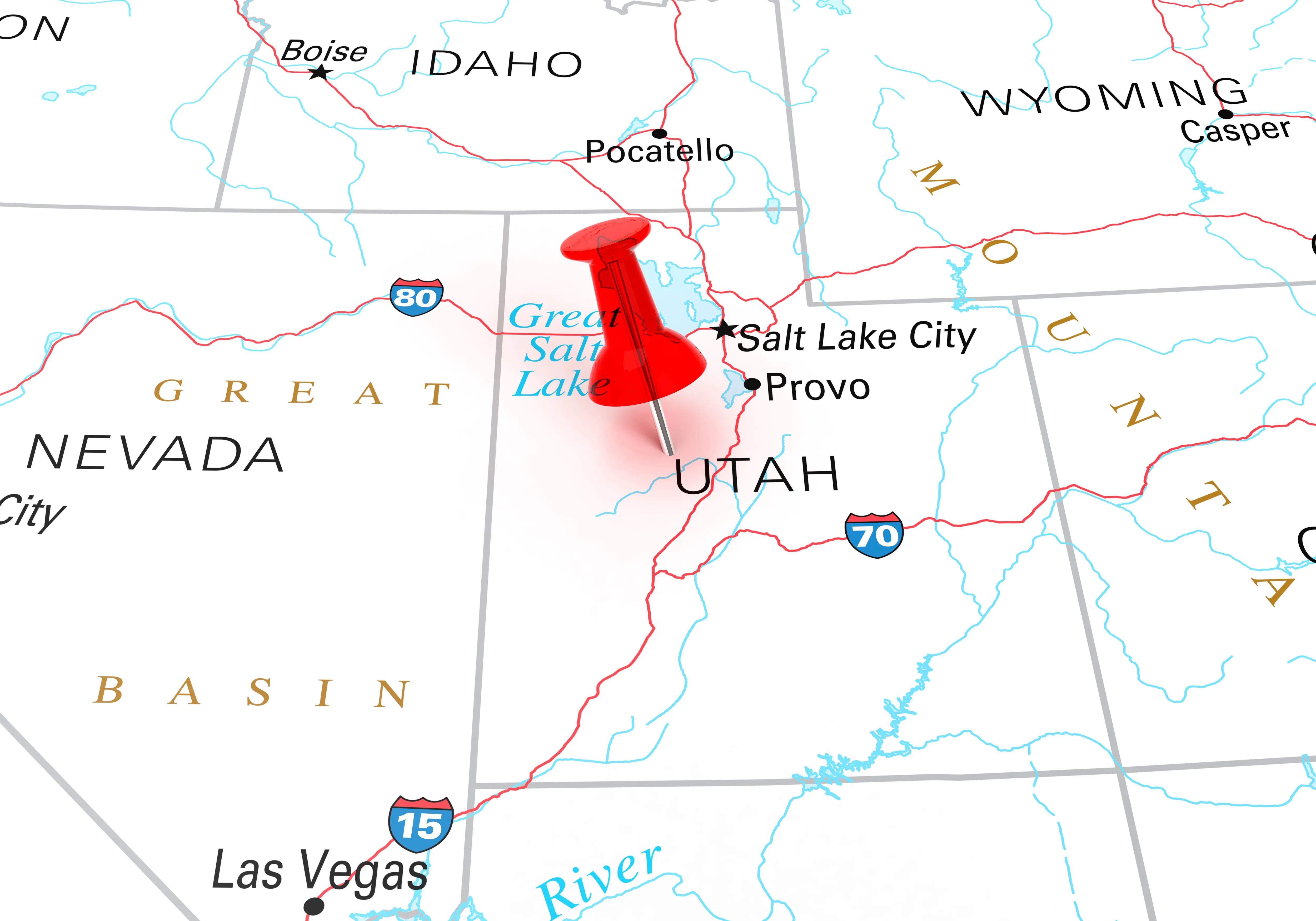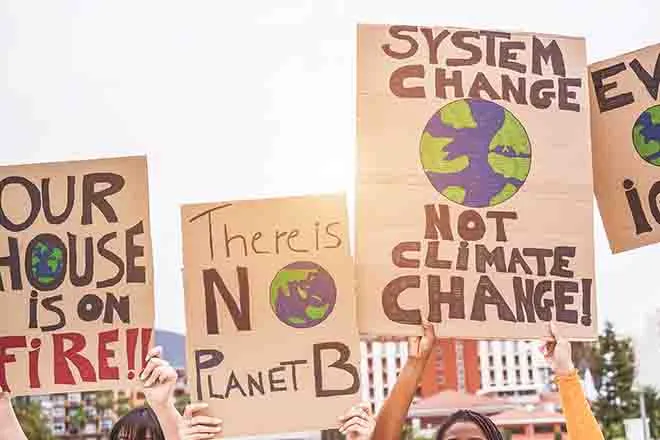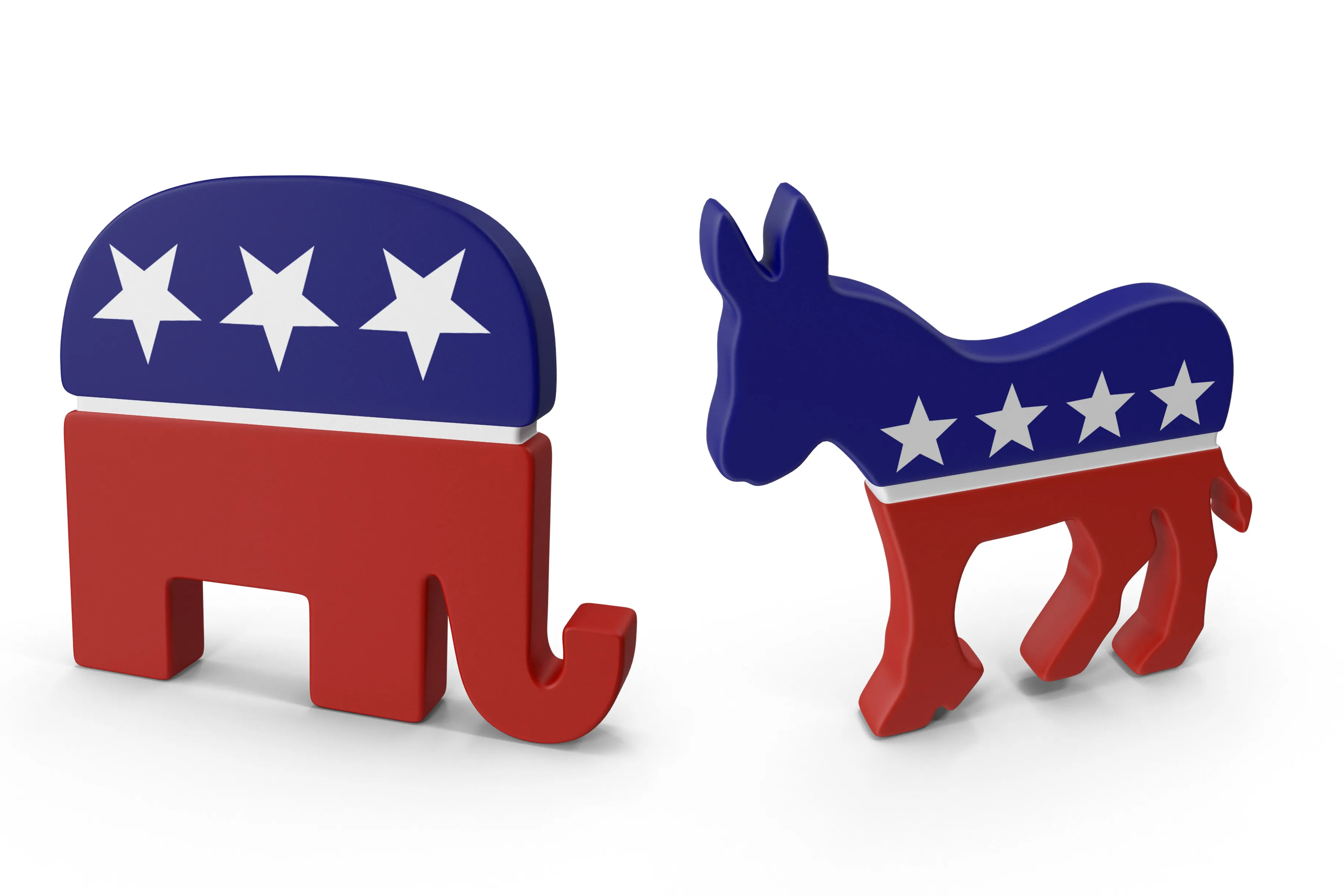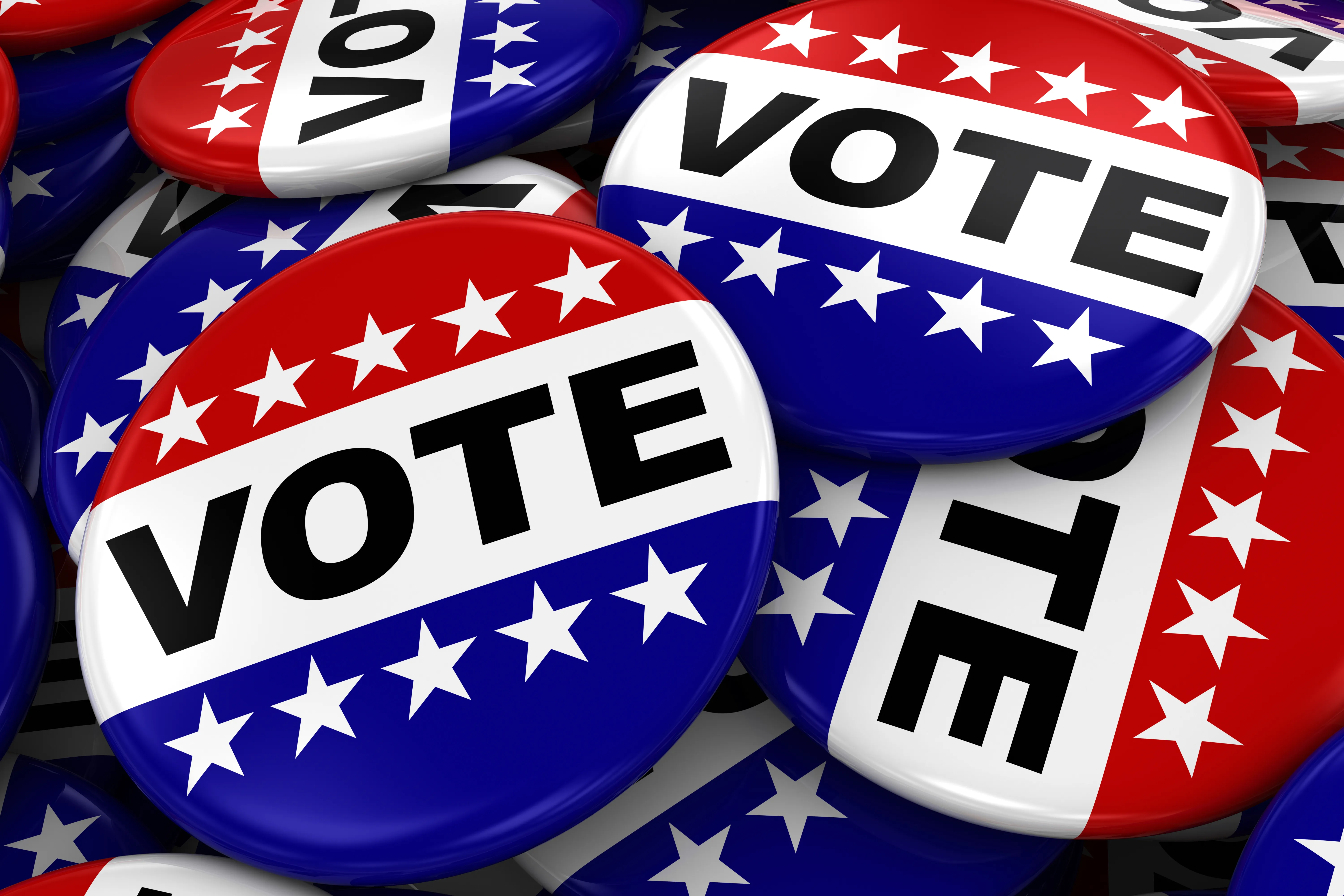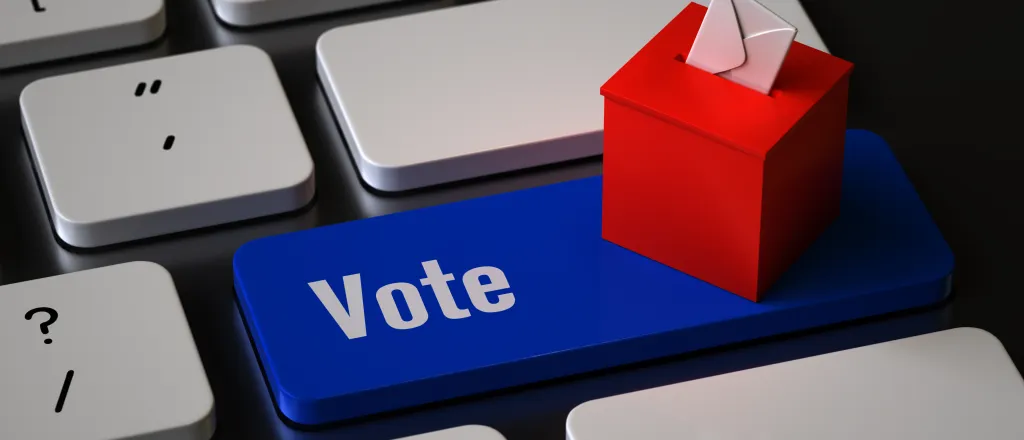
Lawsuit challenges closed primary elections in Maryland
Click play to listen to this article.
A new lawsuit is challenging Maryland's closed primary system. If the lawsuit is successful, nearly a million Marylanders may be able to vote in upcoming primaries.
Unaffiliated voters signed up as neither a Republican nor Democrat when they registered to vote, but in Maryland, that means they can't vote in primary elections.
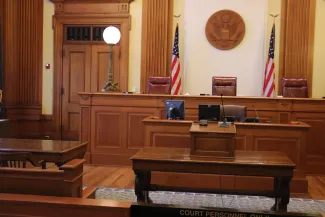
Jeremy Gruber, senior vice president of the Open Primaries Education Fund and a plaintiff in the lawsuit, said states must expand primary election access to independents because the vast majority of general elections aren't competitive.
"This lawsuit is meant to address a situation where publicly funded and administered elections - which primaries are - are shutting out American citizens," he said. "We cannot continue to call ourselves a democracy when we allow that to continue to happen."
Supporters of closed primaries argue the system makes sure only dedicated members of a political party vote for a nominee, and they also prevent efforts from an opposing party trying to influence another party's nomination process. Maryland is one of 15 states with closed primaries.
In recent years, Colorado, Alaska and New Mexico have all changed their primary process. Gruber argued that if the government is going to run primary elections, then it must ensure all people are allowed to participate. He said closed primary systems are a voting-rights issue.
"Maryland is well behind the rest of the country in recognizing and empowering independent voters," he said. "This is a voting-rights issue that has to be addressed in Maryland. When a million voters can't vote, that is a crisis."
In 2024, 17.6 million voters were barred from voting in primaries because of their unaffiliated or independent status on voter rolls. According to the Bipartisan Policy Center, average voter turnout was nearly 20 percent higher in open primary states compared with closed primary states.


